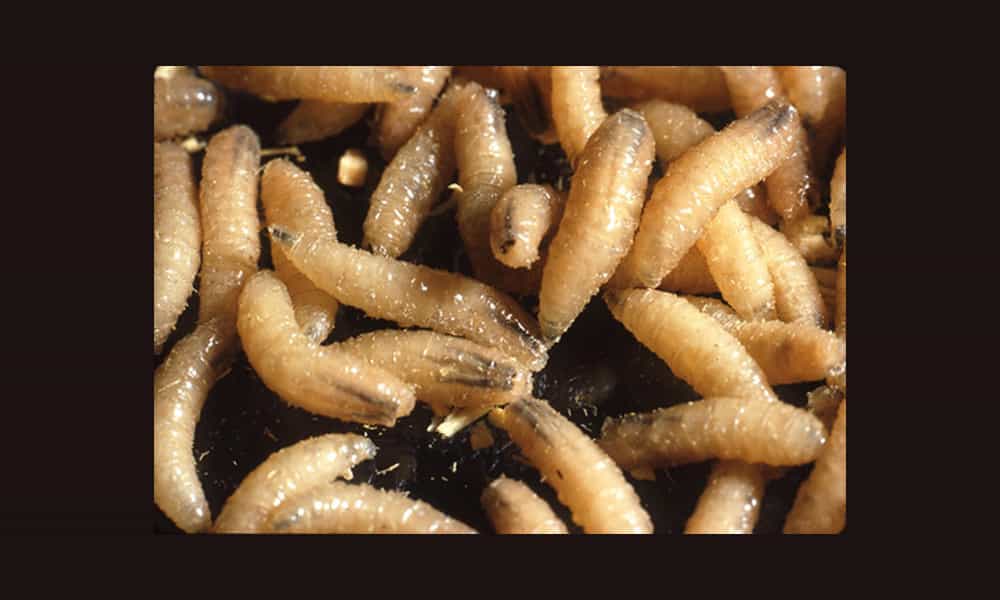Costa Rica is teaming up with Panama and the United States in an urgent battle to eliminate an outbreak of invasive cattle screwworms first detected last month near the Panama border.
The National Animal Health Service (SENASA) is collaborating closely with the Panama-US Commission for the Eradication and Prevention of Cattle Screwworm (COPEG) to control this dangerous parasitic pest before it wreaks havoc on Costa Rica’s livestock industry.
Seven screwworm cases have already been confirmed across the border region, affecting cattle, sheep, and a dog. To disrupt the fly’s breeding cycle, planes have released over 10 million sterile male flies over outbreak zones on July 31 and August 3. The aerial release will continue for as long as needed to suppress the population.
“This sterile insect technique has proven successful to eliminate screwworms in the past,” said Dr. Alejandra Umana, a SENASA veterinarian. “As sterile flies mate with wild females, they produce no offspring, causing the infestation to die out.”
In tandem, SENASA has deployed traps to monitor the pest’s distribution and ground teams are visiting farms and tracking cases to contain the outbreak. New animal control checkpoints in Sabanillas de Limoncito and on the road to Golfito aim to stop transportation of infested livestock.
“Producers must be vigilant and report any potential infestations immediately,” urged Alexis Sandi, SENASA’s Head of Epidemiology. “Early detection and treatment is critical.”
All citizens can help by promptly notifying SENASA if they suspect screwworm cases. The agency is conducting heightened surveillance countrywide to find new cases quickly before extensive agricultural damage occurs.
Agriculture Minister Angel Gonzalez vowed to continue the fight for as long as required. “We will not rest until this severe threat to Costa Rica’s livestock and wildlife is eliminated,” he stated. “Controlling invasive pests demands collaboration across borders and between governments and citizens.”
The joint Costa Rica-Panama-US mission aims to safeguard the nation’s biodiversity and economic interests. SENASA urges full public cooperation and promises ongoing updates as progress unfolds.






